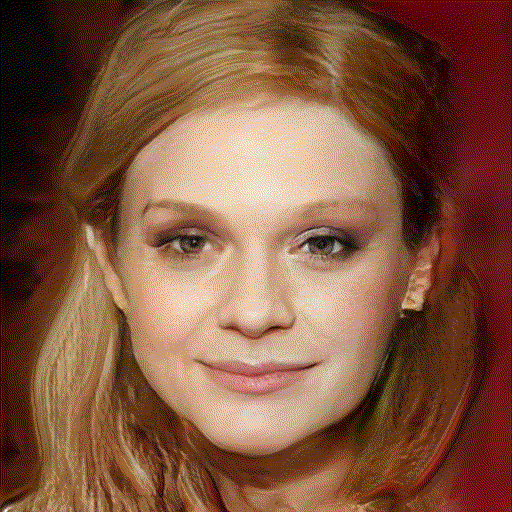PCAAE: Principal Component Analysis Autoencoder for organising the latent space of generative networks
Autoencoders and generative models produce some of the most spectacular deep learning results to date. However, understanding and controlling the latent space of these models presents a considerable challenge. Drawing inspiration from principal component analysis and autoencoder, we propose the Principal Component Analysis Autoencoder (PCAAE). This is a novel autoencoder whose latent space verifies two properties. Firstly, the dimensions are organised in decreasing importance with respect to the data at hand. Secondly, the components of the latent space are statistically independent. We achieve this by progressively increasing the latent space during training, and with a covariance loss applied to the latent codes. The resulting autoencoder produces a latent space which separates the intrinsic attributes of the data into different components of the latent space, in a completely unsupervised manner. We also describe an extension of our approach to the case of powerful, pre-trained GANs. We show results on both synthetic examples of shapes and on a state-of-the-art GAN. For example, we are able to separate the color shade scale of hair and skin, pose of faces and the gender in the CelebA, without accessing any labels. We compare the PCAAE with other state-of-the-art approaches, in particular with respect to the ability to disentangle attributes in the latent space. We hope that this approach will contribute to better understanding of the intrinsic latent spaces of powerful deep generative models.
PDF Abstract

 CelebA
CelebA